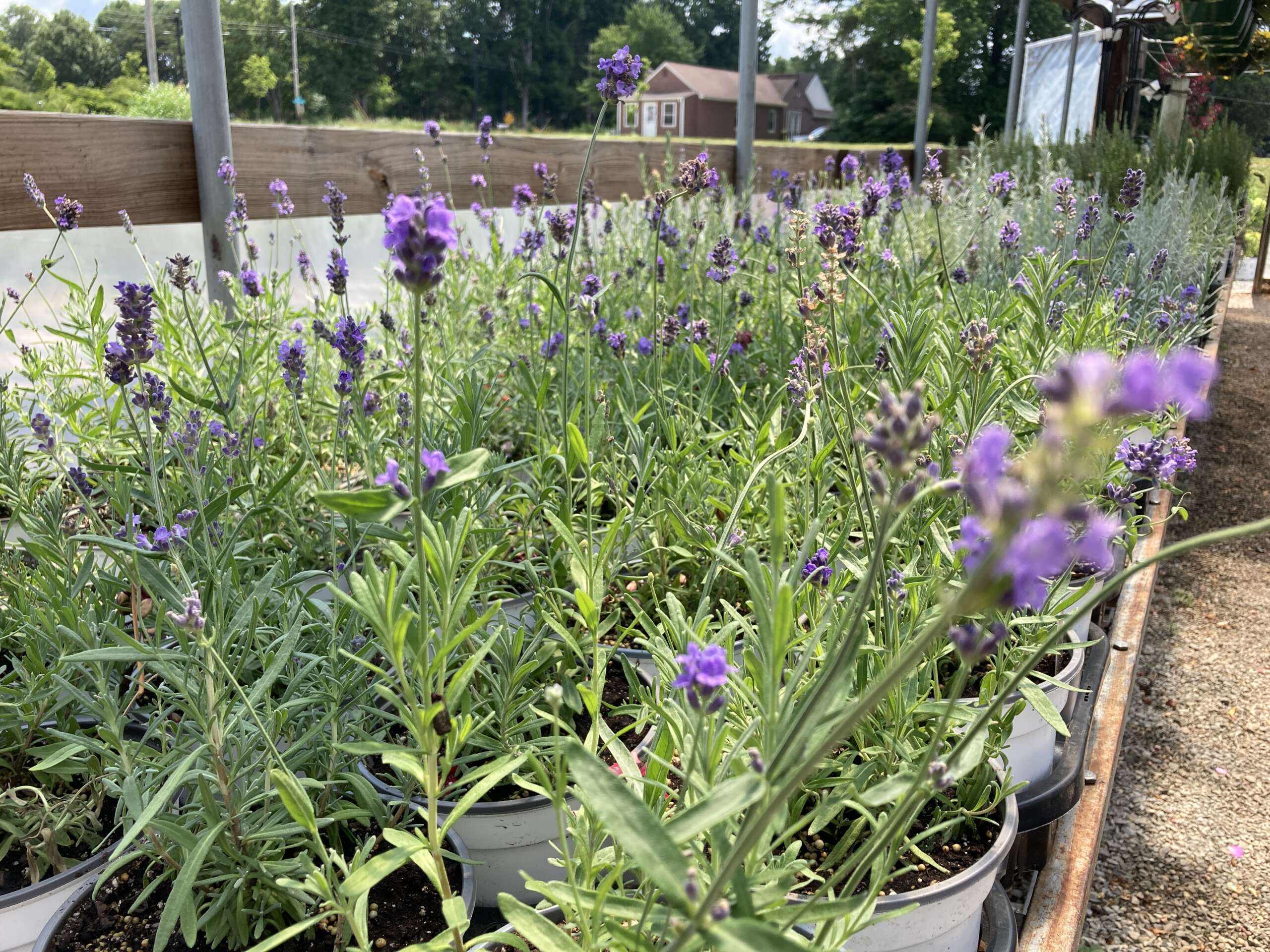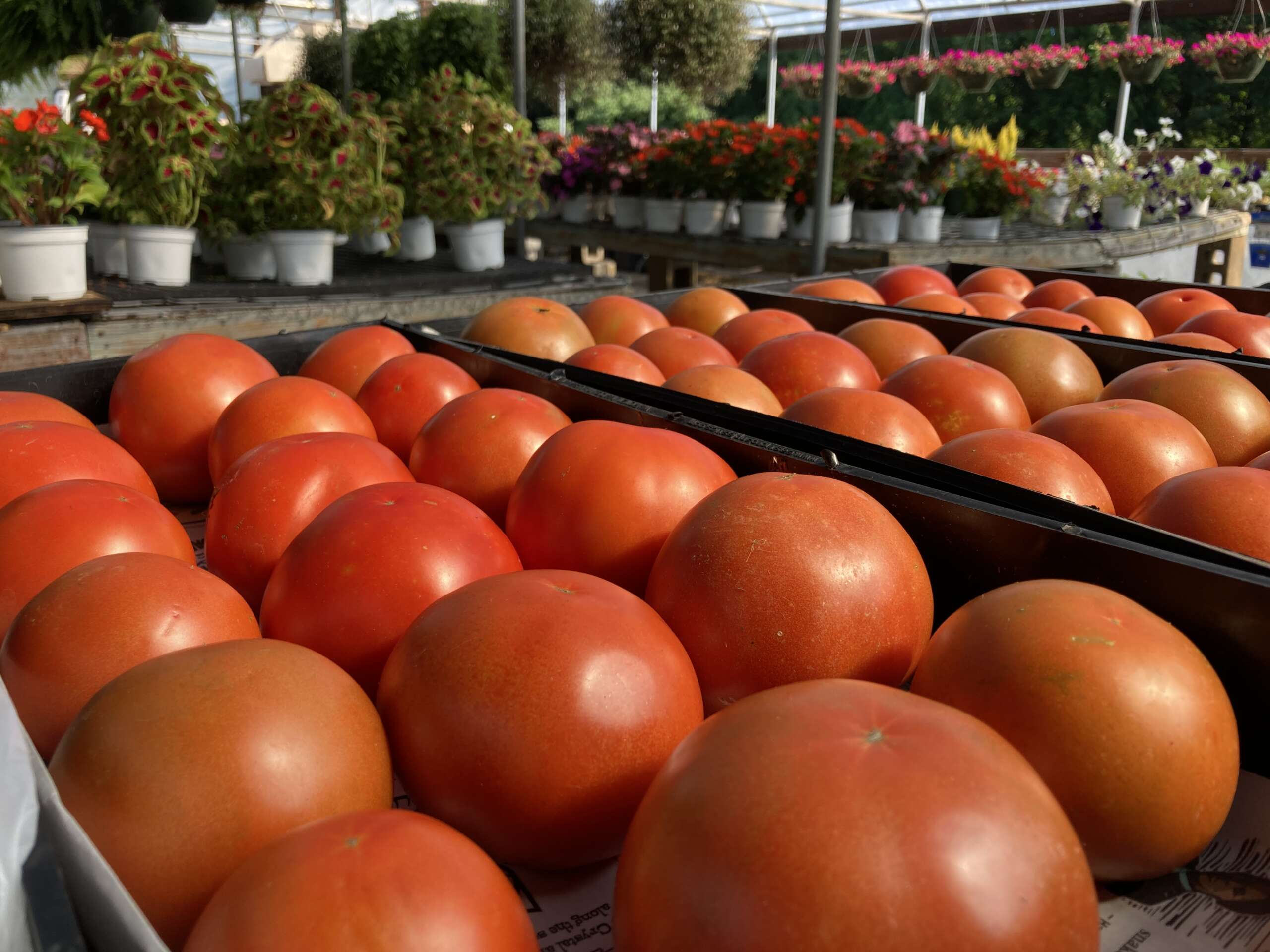Winter Prep for Spring Success!
I thought now might be a good time to look at preparing your garden, either flower or vegetable, for winter as well as getting ready for spring. What you do over the fall and winter months will determine the nutrient levels in the soil next spring and summer. The goal is to replenish the soil with just the right nutrients and ph levels!
First, what to do for winter?
I would suggest starting by removing all the dead or spent plants in the garden. I would try to pull the plants rather than cutting them near the ground. Pulling them will leave some of the roots in the ground to rot and add organic matter to the soil.
I would not take a chance on composting the plants I removed. They are likely to harbor both insects and disease. I would either burn them or place them in a trash bag to be hauled away with other household waste.
Next, I would remove any old mulch and replace with clean new mulch for next season. The old mulch is an excellent place for insects and disease to overwinter.
Last remove any boards and other shelter from the garden. You want to eliminate any items that might provide shelter from the weather. Cold, snow and rain are all great for the garden.
Now, let’s look at some ideas to prepare the garden for spring.
You may want to consider having your soil tested to see if the ph is proper for the plants you want to grow. You can obtain a soil test kit from your local county Extension Agent.
Consider adding 3 to 4 inches of compost to the garden. Note, compost and mulch are not one and the same. Mulch would be something like shredded bark or pine needles. Mulches serve the purpose of preventing weeds and grass from germinating in the garden. Compost would be a product such as shredded leaves, straw, or grass clippings. Something that decomposes quickly and adds organic matter to the soil.
If you have a source of manure now would be a good time to apply that to the soil. Fresh manure needs to be composted before going on the garden. It’s safe to apply fresh manure in the fall and let it overwinter in the garden. Snow and rain will help to work it into the soil.
A word of caution, if using chicken manure go lightly. Chicken manure is very rich. A little goes a long way. Maybe, use a fourth as much as you would use of horse or cow manure.
If you don’t want to use manure, try sprinkling an application of organic fertilizer on the garden. Products such as greensand, rock phosphate, bonemeal or bloodmeal breakdown slowly over a period of several months. Added in the fall they breakdown over the winter ready to feed spring plantings.
A great way to insulate your garden for the winter, no matter what compost or fertilizer you have applied, is to cover the garden with a layer of shredded leaves. Not only does this insulate the soil but it encourages worms to stay active longer into the season.
If the compost, manure, fertilizer and leaves doesn’t work for you another option would be to plant the garden with a cover crop. Things like clover, red wheat, cereal, annual rye, and many more make excellent cover crops. All of these will put nutrients into the soil as well as removing excess water. When turned over in the spring they add nitrogen and organic matter to the soil.
Make sure if you use this method to sow early enough in the fall to still get germination.
Just a few tips that hopefully will enhance your gardening experience next year.



